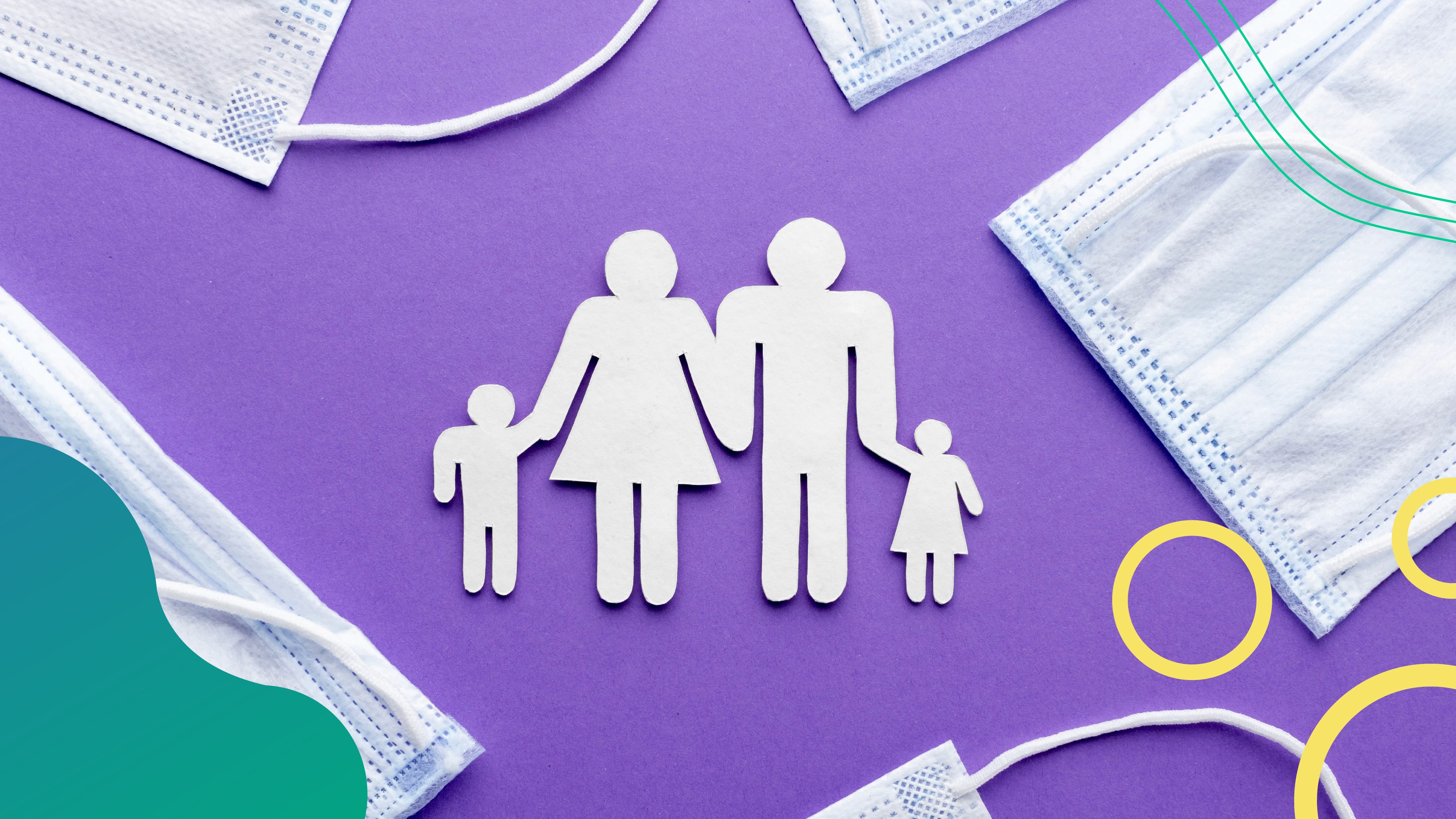While the Covid-19 pandemic is seemingly under control in most countries around the world, the situation is still a bit unclear when it comes to Sri Lanka. Three waves of the pandemic have already come and gone, and although it seems that we are in between waves at the moment, another seems imminent with the slowly but surely rising numbers. This transition time period is ideal for preparing for the upcoming lockdowns where access to certain services will be highly restricted. While the last three waves were more or less out of the blue, we can definitely prepare ourselves for what’s coming next.
What can we expect in the near future?
.jpg)
The impact of Covid-19 is reaching extreme levels with many essential goods skyrocketing in price or simply unavailable due to restrictions on imports. Prices of goods and services have increased across the board while incomes have reduced in many industries. With many events kept on hold, there are many expenses that have probably built up over the last year and a half.
Here are some ways that you can financially prepare yourself for the next wave of the pandemic:
Find out your current status
The first thing you need to do is take a good, hard look at the current state of your finances: how much money you are bringing in, how much money you need on a monthly basis, how much of fixed expenses you have committed yourself to, how much you are spending on other purchases, how much debt you are in etc. Once you have done this, you will be able to understand whether you are in a risky situation or not. If you don’t have a fixed income with high monthly expenses and a lot of outstanding debt, you need to prepare yourself as soon as possible.
Reduce Expenses

The first thing you need to do, whether you are in a financially-risky position or not, is to reduce your expenses and financial commitments. No matter what your income and level of financial stability might be, since the prices of goods and services are increasing and the value of money is decreasing, it’s critical that you begin realigning your expenses now itself. If you have any outstanding debt that is close to being overdue, try to get cash now and settle it as soon as possible. Cut down on all the little luxuries and eliminate all non-essential expenses.
Increase Income
Even though you might be happy with your current income level as it quite comfortably covers your current cost of living, don’ t get too complacent. If you are able to do so, try and find second or even third avenues of income for yourself beside your dayjob. The extra hours you put in will go a long way in easing the financial burdens that another Covid-19 wave would bring.
Save
It goes without saying that once you reduce your other expenses, you need to save that money in a safe and secure location. It is important that you store your savings in a very stable institution or format, in a way that you can easily access it should the need arise, all the while generating as much interest as possible. Spread your money across multiple savings mechanisms to reduce the risk even further.
Invest
Unfortunately, as the value of cash and the Rupee declines, a savings of even a million rupees now will not be worth the same in five or ten years. As much as possible, look at investing your money in any instrument that will increase in value or, at the very least, not decrease in value. Assets like land in good areas is a worthwhile investment. If you know your way around the stock market, look at purchasing shares of companies that grow in value for a long-term investment. While gold and other commodities might be good investments, keep in mind that certain prices of items are at an all-time high and might decrease in value once the impact of the pandemic alleviates.
Tie up any loose ends
If you see any burgeoning expenses or crises in the near future, it is best if you address those issues now itself. If you foresee a household or vehicle breakdown soon, keep in mind that addressing these during a pandemic in full-swing will be extremely difficult. If you have a guaranteed stable income but not enough cash in hand, it might even be worthwhile to borrow some cash now and tie up any loose ends. You can then quickly pay off this loan in just a few months once the major repairs, renovations (or any other impending expense) are settled. If you were wondering where to loan cash quickly that can be paid off within a few months, try approaching loan lenders or payday loan sites like OnCredit.lk.
While there is no way to completely avoid the impact of the next wave of the pandemic, you can definitely minimise it by being financially prepared.







